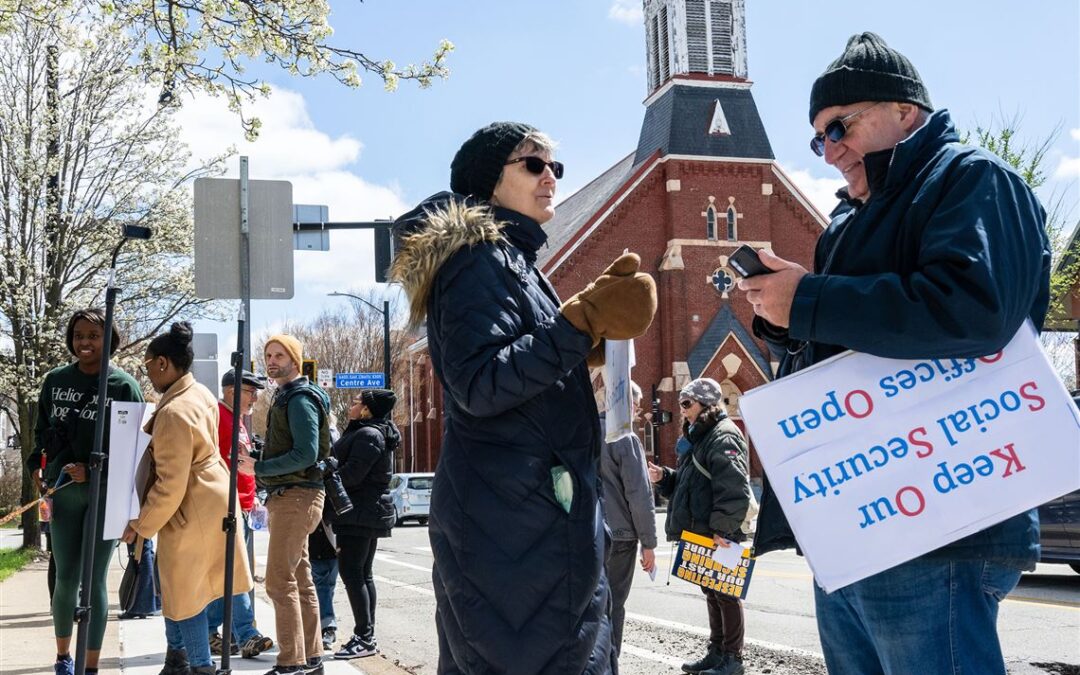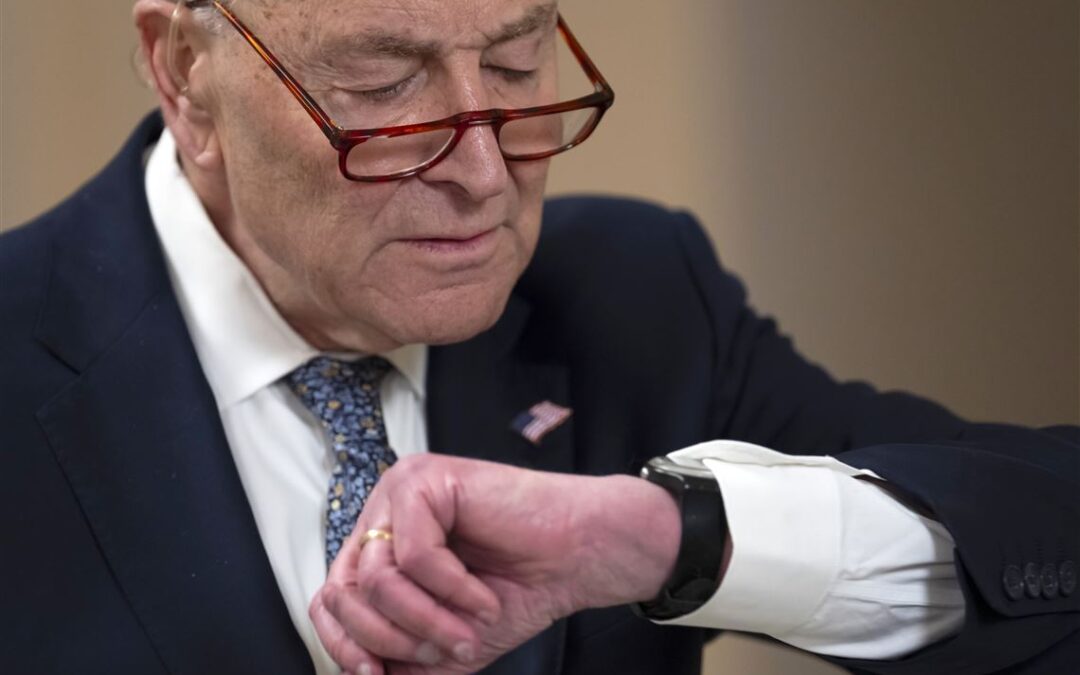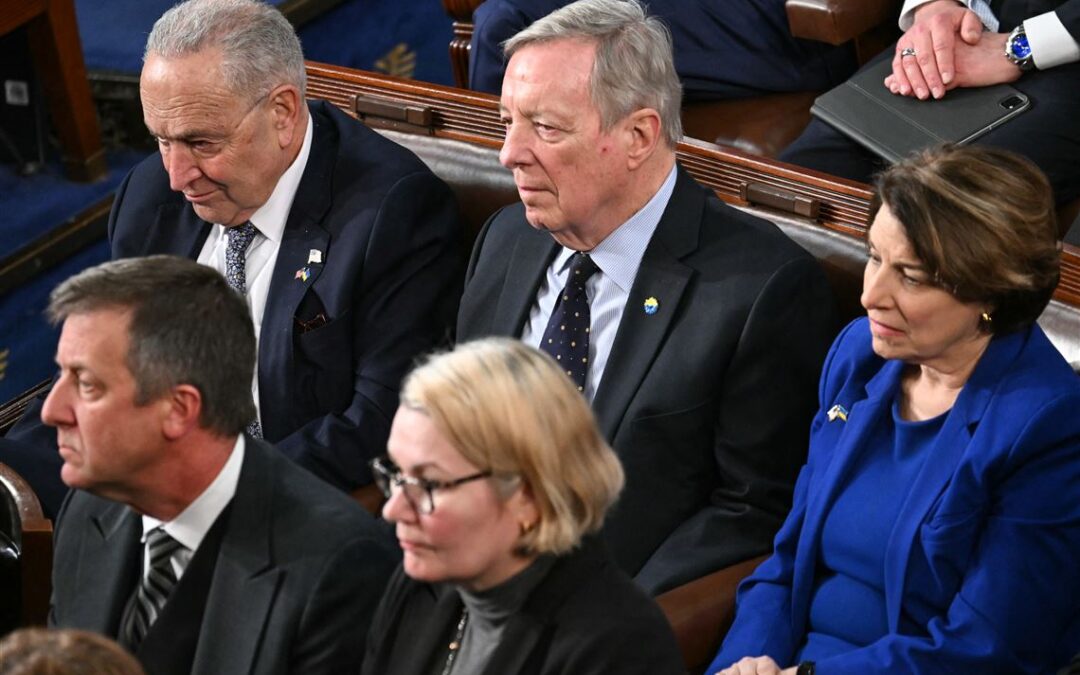My column in the Pittsburgh Post-Gazette.
Bruce Ledewitz: A non-believer explains why Catholic conservatives never understood Pope Francis
Special to the Post-Gazette
May 5, 2025
4:30 AM
In a New York Times story about the late Pope Francis’s relationship with Catholic conservatives, Michael Hichborn, president of the traditionalist Lepanto Institute, complained, “He never talked about sin, he never talked about conversion.”
Conservatives failed to grasp that Francis did not have to talk about conversion. As a non-believer, I could see that Francis, in his humility and in his obvious love for all, was conversion walking around.
A welcoming presence
I don’t mean that non-Catholics literally converted to Roman Catholicism during Francis’s papacy, although there is anecdotal evidence that conversions did increase.
Rather, Francis was a welcoming presence to people who otherwise would not have even considered the Catholic church. Media reports portrayed Francis as a factor in several recent celebrity conversions, including that of Vice President JD Vance in 2019.
Francis’s appeal outside Catholicism was crucial for the church. The world is a great big unbelieving place. In America, 29% of adults now classify themselves as not affiliated with any organized religion. These are the famous “nones.” Churches and synagogues are emptying, consolidating and closing. Growth in religion in America basically comes from newly arrived immigrants.
This trend toward religious non-affiliation is well established in the West and shows no sign of reversing.
Worldwide statistics concerning religious affiliation are harder to obtain. When indigenous religion is replaced by Islam or Christianity, it can appear that religious affiliation is growing. Similarly, Buddhism, Hinduism and Confucianism are not as affiliation-oriented as are Western religions, which makes them harder to count.
Nevertheless, the underlying factors that support secularization — modernity and science — are undoubtedly affecting religion worldwide. Science in particular renders important religious claims both less believable and less relevant.
Despite these trends, Francis kept the Catholic Church relevant, even cool, for nonbelievers.
Beyond non-affiliation, non-believers generally have a negative opinion of religion, for good reason. If you look around the world, religion is an important factor in many of the world’s worst disputes and controversies.
In the endless violence around Israel, Muslims and Jews refuse to recognize any religious claim to the land except their own. Many Jews and Muslims proclaim that God gave this land to us, not to them. This makes peace a distant and unreachable dream.
In Africa, Nigeria, the Central African Republic and other countries have experienced significant violence between Muslims and Christians.
In Asia, Hindus and Muslims are close to war between India and Pakistan and routinely kill each other over religious disputes within India. Meanwhile, Indian Prime Minister Narendra Modi supports an exclusivist and intolerant Hinduism.
In Thailand and Myanmar, militant Buddhists persecute Muslims. In Sri Lanka, there is fighting among Buddhists, Hindus and Christians. In Europe, Islamic terrorism is a constant threat.
In the Middle East, there is continuing tension and violence within Islam, between Sunni and Shia believers. This tension underlies the competition between Saudi Arabia and Iran.
He embodied love
It is a sorry state of affairs that reflects poorly on religion.
Francis was the exception. To nonbelievers, he embodied the compassionate love that Jesus preached. Francis drew many nonbelievers into the orbit of God’s love.
Neither conservative nor progressive Catholics know how to do that. Their disputes within the church over dogma, ritual and practice may be theologically justified. But to outsiders, these disputes are just more political infighting.
Francis’s influence as an attractive model igniting interest in the church is not a new phenomenon. It is how the church began. The church in its early years within the Roman world grew in part because the new Christian communities practiced a way of life that seemed more humane and loving than the paganism of the majority culture.
Many of the people who joined the new religious movement at first knew very little about the Christian story. They just wanted to be closer to this attractive way of life.
Francis’s appeal to the world was like that.
Both conservatives and progressive Catholics were unhappy with Francis, particularly as his papacy wore on. Conservatives believed Francis undermined basic church teachings, especially, but not only, about issues of sexuality. Plus, they found Francis’s portrayed humility to be a front for authoritarian actions.
Among progressives, the early Francis ignited hope for reform within the Church. But, over time, nothing really changed. In particular, the role of women in Church leadership did not increase.
These assessments of Francis miss his larger significance.
The great ambassador
Francis was the great ambassador of God. For nonbelievers like me, Francis renewed the attraction of religious belief.
He reminded the world of the basic truths that all of our religions share — that humanity is one; that we owe each other care and affection; that we must allot to nature a nurturing attention; and that religion is a source of peace, not war.
Even Francis’s death emphasized his commitment to following the way of Christ. As Ross Douthat, New York Times columnist and a longtime critic of Francis, noted, the Pope allowed himself to die in office, manifesting his human weakness, as Christ did on the cross. Francis was Peter to the last.
The nonbelieving world will miss Pope Francis greatly. Religious believers should remember that. Religion has lost a great champion.
Bruce Ledewitz is a professor of law at the Thomas R. Kline School of Law of Duquesne University. He writes every other Monday. The views expressed do not represent those of Duquesne University. His previous article was “Donald Trump is destined to fail.”
First Published: May 5, 2025, 4:30 a.m.






0 Comments